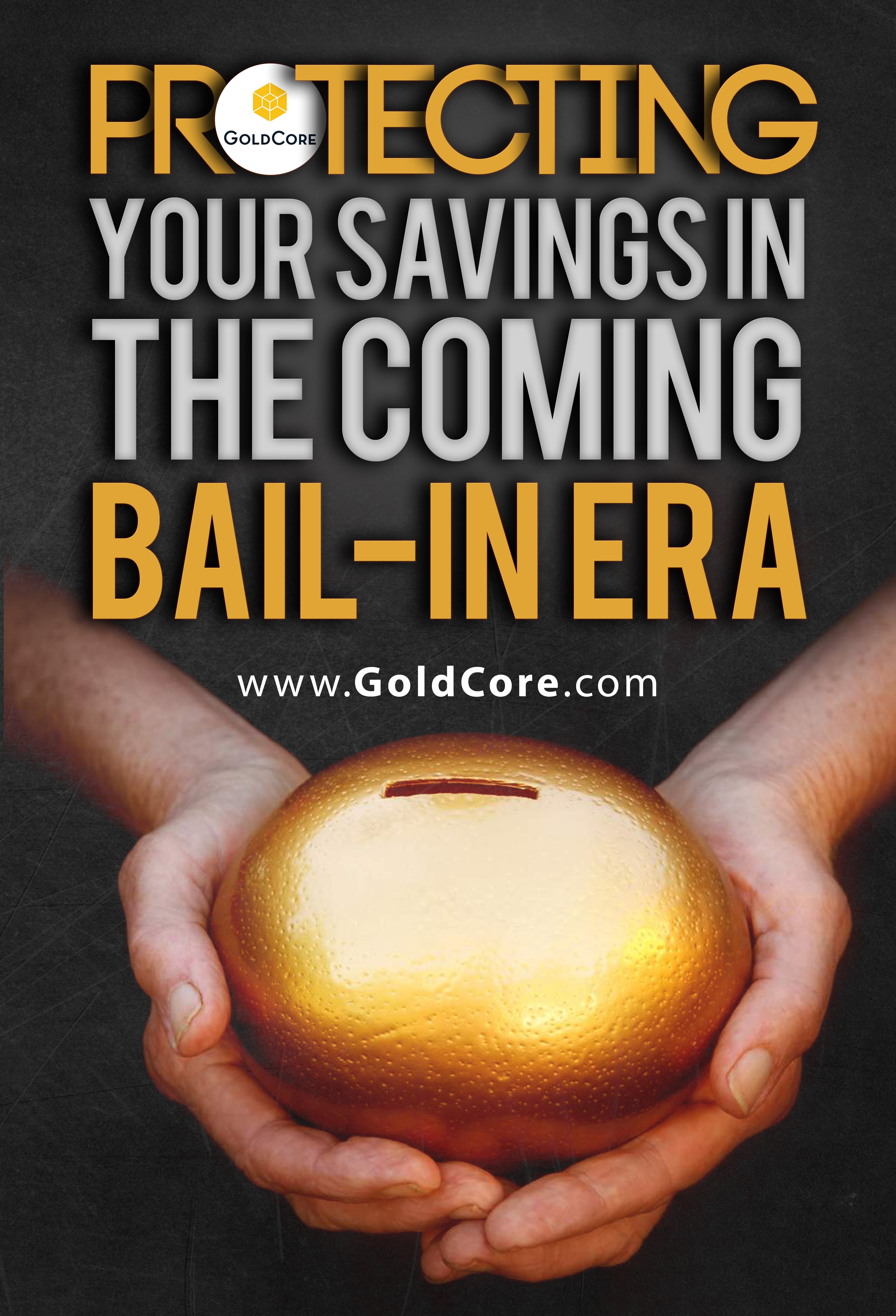Bank bail-ins pose risks to retail investors and especially savers throughout the western world. The new bail-in rules have been made operational since the beginning of this year in the EU and in many other countries, yet the risks and ramifications of bail ins have been largely ignored in most of the media.
The Financial Times covers bail-ins today with a focus on the risk to investors while continuing to ignore that posed to savers and depositors including small and medium size enterprises.
From the FT:
When Ignazio Visco, governor of the Bank of Italy, spoke in Florence this month, his focus turned to regulation of bail-ins.
At a sensitive moment for Italian lenders, whose shares had collapsed over recent months, the governor chose to address what he called âregulatory uncertaintyâ in the wake of new European wide rules for failing banks.
âWe must strike the right balance,â he said. âWe should not rule out the possibility of temporary public support in the event of systemic bank crises, when the use of a bailÂin is not sufficient.â
Taxpayer support for banks, however, was precisely what the new European rules introduced at the start of this year aimed to avoid. To protect taxpayers, investors in bank bonds – mostly untouched during the bailouts of the last crisis – now face losses, or âbailÂinsâ.
â¦
In a March paper, German academics warned of potential retail holdings of âsubordinated debtâ. The paper argued that existing EU regulation âinsufficiently addresses mis-selling of bail-in instrumentsâ and pushed for more clarity on exactly who holds the affected debt.
âBail-in theoretically is a very nice concept but the legal issues are really very big,â says Martin R Götz, professor at Goethe university Frankfurt and a co-author of the paper. âIt’s very important to sort these things out because subordinated debt holders, if they are retail investors, are voters.â
Sorting out the process will involve the familiar interplay between national authorities and European rulemakers intent on harmonising rules.
Alex Birry, a senior director at Standard & Poor’s, the rating agency, says ânational conduct authorities need to continue to look closely at how these instruments are sold to retail investorsâ.
âWill there be tensions between what domestic politicians sometimes want to do and what European regulations allow?â asks Mr Birry. âYes. That’s probably a price to pay if you want to have a banking union.â
See FT article here
A banking union in the EU is wonderful in concept but in practice is fraught with difficulties and risk. The use of bail-ins and the confiscation of deposits while protecting some tax payers in the short term, will likely destroy consumer and business confidence in the already fragile Eurozone economies and severely impact on the tax take in EU economies in the aftermath of the bail-ins and ensuing recessions or depressions.
Small and medium size businesses are the back bone of European and global economies. The confiscation of their corporate deposits, the very capital they use to fund growth â including servicing debt, paying rent and mortgages, employing staff and paying wages â would be highly deflationary and would push economies over the edge and into sharp recessions and lead to contagion in the Eurozone.
Bank bail-ins remain one of the greatest, but most poorly analysed and understood threats to depositors and savers today. The law of unintended consequences â¦
Read Protecting your Savings In The Coming Bail-In Era (11 pages)
Read From Bail-Outs to Bail-Ins: Risks and Ramifications (51 pages)
Gold and Silver Prices and News
Gold near 3-week low as Fed rate hike expectations boost dollar â Reuters
Gold slips after Fed minutes boost rate rise expectations â Reuters
Fed signals interest rate hike firmly on the table for June â Reuters
Gold futures drop as Fed leaves door open to rate hike in June â Marketwatch
Gold Declines as Prospects for U.S. Rate Increase Boosts Dollar â Bloomberg
Huge trend changes point to something big in the gold market â SRSrocco Report
Helicopter money is coming â but what will it do to us? Money Week
Brexit, The Movie â YouTube
China’s housing bubble so big âGoldman will need a bigger chartâ â Zero Hedge
China’s debt bomb: no one really knows the payload â Visual Capitalist
Gold Prices (LBMA AM)
19 May: USD 1,253.75, EUR 1,117.74 and GBP 857.37 per ounce
18 May: USD 1,270.90, EUR 1,127.21 and GBP 882.05 per ounce
17 May: USD 1,270.10, EUR 1,121.43 and GBP 877.50 per ounce
16 May: USD 1,281.00, EUR 1,132.04 and GBP 892.87 per ounce
13 May: USD 1,275.15, EUR 1,123.51 and GBP 885.16 per ounce
Silver Prices (LBMA)
19 May: USD 16.60, EUR 14.81 and GBP 11.35 per ounce
18 May: USD 17.05, EUR 15.13 and GBP 11.77 per ounce
17 May: USD 17.08, EUR 15.09 and GBP 11.80 per ounce
16 May: USD 17.32, EUR 15.30 and GBP 12.07 per ounce
13 May: USD 17.09, EUR 15.06 and GBP 11.85 per ounce
Â
 |
 |
 |
Read Our Most Popular Guides in Recent Months
The post Bank Bail-Ins Pose Risks To Retail Investors and Depositors appeared first on GoldCore Gold Bullion Dealer.
![]()



Leave A Comment
You must be logged in to post a comment.